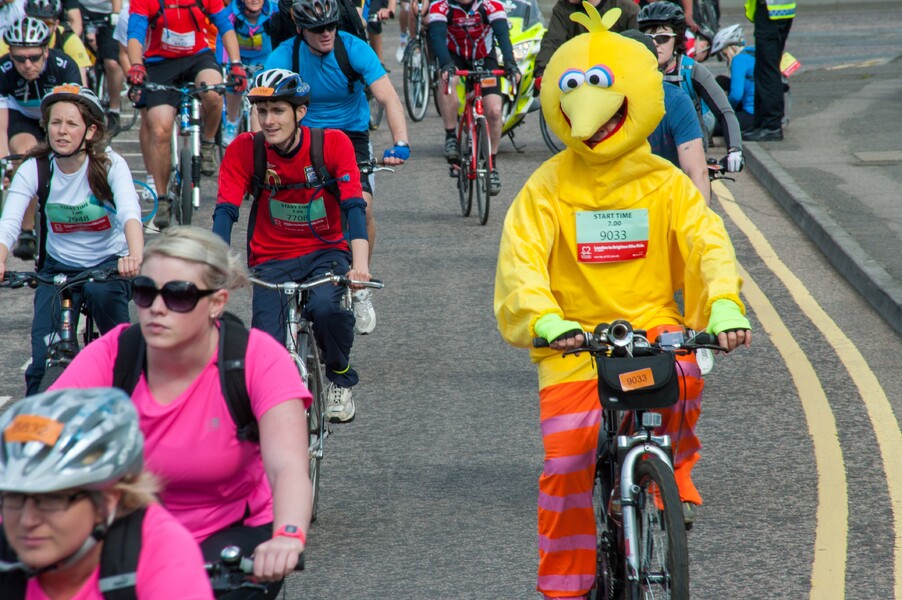If someone in your team doesn’t follow the norms – are they a psychopath?

Simon Bird

If someone in your team doesn’t follow the norms – are they a psychopath?
Why do people follow norms – and do what’s expected of them? Or not….?
Max (not her real name) was exasperated. She was a doctor and coaching client of mine, and she was telling me the story of her team. They seemed in turn to be lazy, reckless, disrespectful, unguided and inconsistent. They sounded like quite a tricky bunch to manage!
Her story ended with a question like, “Why don’t people do what they’re supposed to do?” This led us to a conversation about her role in all of this….and I’ve since used this question as a provocation in some of the leadership development work I am commissioned to do by my clients. It did also get me thinking more broadly about norms, rules and compliance or non-compliance in the workplace.
My eye was caught this month by a 2022 research review (details in the comments), concerned with why people follow social norms in general – or not and thought it a helpful addition to the ongoing conversation. Though the research is generalised beyond the workplace, it’s straightforward to overlay a leadership filter over the findings, and for Max to consider her role in some of this with other people.
The study found that norm following (and breaking) behaviour occurs for a variety of social, psychological and structural reasons: 1. Rational choices, 2. Socialisation processes, 3. Personal identity, social and self-image, 4. Social learning, 5. Personality
1. Rational choice – sounds obvious really. Norm following behaviours are often rational choices (rational choice theory) and occur to avoid negative consequences i.e., punishment or exclusion. For example, driving on the correct side of the road to avoid an accident, not speeding to avoid being fined, or not being consistently rude or nasty to avoid being shunned. These reasons for norm following are usually based on self-interest
2. Internalised socialisation is another reason for norm following where people have learned what the rules are and internalised them, so they have become implicit values and beliefs. For example, taking on our parents’ moral values, or an organisation’s behavioural norms. Internalised socialisation, as such, is a deep learning process that forms our values and deeply held moral beliefs of right and wrong. Internalisation explains why people can have emotional reactions to norm violations – by themselves, such as guilt or shame – or by others, such as anger and even verbal or physical violence.
3. Identity, social image, and self-image are other drivers of norm following. People often want to be seen as fair and trustworthy or judged positively. Our social evaluations of a person or organisation affects our future interactions with them. For example, organisations or individuals who are seen as being immoral or untrustworthy will rapidly find they are being avoided. Having a positive social image is critical for most people and organisations.
Self-image and self-identity theories can also explain why norms are followed even when nobody’s watching. Our sense of our own identity (sense of self) can usually drive behaviour, even when not observed. They can also explain why people, such as psychopaths, do not follow social norms internally or when out of view, in that the self-serving rational choice is given priority over consistency of identity.
4. Social learning – people don’t always simply follow the social norms suggested. There often needs to be a critical mass of people following the behavioural norms for compliance to occur. Likewise, where people see frequent norm breaking behaviour, that is also learned and significantly increases the chances of the individual or group also breaking the behaviour norms. This social learning process is powerful and either strengthens norm following, where there is a critical mass of norm following or where there are examples of norm violations. Norm violations by authority, such as managers and leaders, or others with influence, tend to have a particularly strong impact on wider spread norm rule breaking. Social learning and norm enforcement is also significantly more powerful within group rather than from outgroups or outgroup members. Additionally, it has been found that minority group members tend to get evaluated more harshly and punished more often for norm transgressions than core group members, who can often get away with more norm violations and for longer.
5. Personality and gender – whilst many assume that there is likely to be a connection between personality and norm following or breaking, the research looking at sensitivity to norms thus far (2022) has found no consistent relationship between norm following, norm breaking and personality. However, it has been found that generally, women tend to have a higher sensitivity to group norms than men; women tend to be more aware of group norms. However it does not necessarily follow that they will comply more than men.
So, Max – and other leaders – have plenty to think about. If nothing else, a consideration of this wider range of factors might avoid someone lazily being labelled as a ‘difficult person’